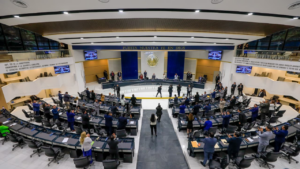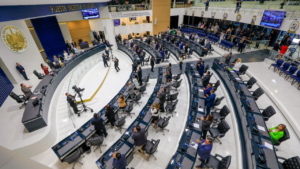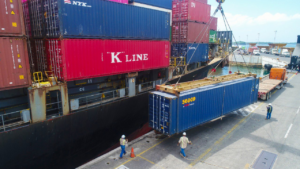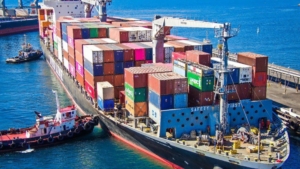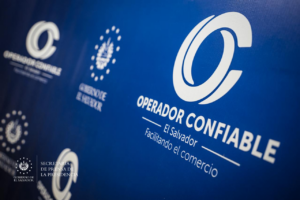The International Monetary Fund (IMF) announced a historic update to the Sistema de Cuentas Nacionales (SCN), redefining how global economic activity is measured. This new edition more accurately incorporates key elements of the digital economy, such as artificial intelligence, digital services, cryptoassets, and intangible assets, with the aim of more realistically reflecting the current global economic structure.

The SNA update, unanimously approved by the United Nations Statistical Commission in march, represents the sixth revision in nearly nine decades and was developed in collaboration with institutions such as the UN, the World Bank, the European Commission, and the OECD. This revision seeks to provide governments with a modern and accurate tool for making decisions on growth, employment, investment, and responding to economic crises.
One of the most significant changes is the detailed inclusion of cryptoassets, such as Bitcoin. Although these are not part of the gross domestic product (GDP) because they do not generate traditional goods or services, they are now classified as “non-produced non-financial assets” within national wealth. This measure recognizes their relevance to financial stability, tax policy, and future regulation.

Furthermore, the new SNA recommends that countries develop specific indicators covering topics such as artificial intelligence, e-commerce, cloud computing, and digital platforms. It also provides standardized definitions, such as one for AI, that will allow for their formal inclusion in national accounts and future economic statistics.
Responding to lessons learned from the global financial crisis, the review also includes recommendations to improve the monitoring of risks and vulnerabilities in the financial system, particularly considering the growth of non-bank institutions and financial innovation. A more detailed breakdown of financial assets and liabilities by instrument and institutional subsector is proposed, which will facilitate deeper and more preventive analysis.

Another key advance is the improved recording of the activities of multinational companies, which often outsource production but retain control over design, branding, and intellectual property. This will allow a more accurate reflection of the real revenues generated in global value chains and ensure consistency with the Manual de Balanza de Pagos (MBP).


